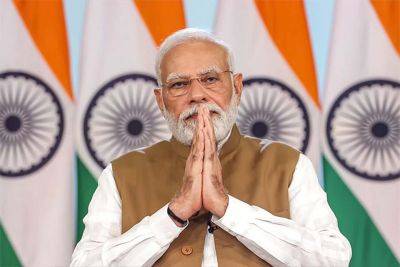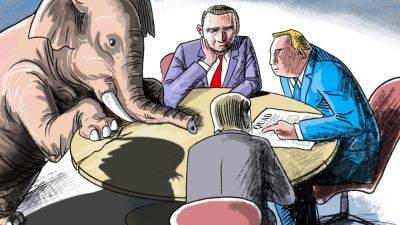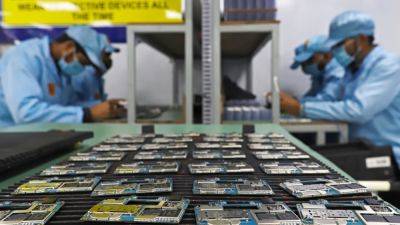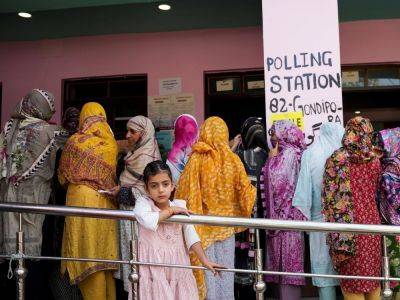Modi’s Kashmir statehood promise. Poll rhetoric or genuine outreach?
Modi promises Kashmir statehood amid regional elections, but analysts doubt full autonomy will be restored.
Srinagar, Indian-administered Kashmir – As Kashmir gears up for the last phase of local elections due on Tuesday, Indian Prime Minister Narendra Modi has promised to restore the disputed territory’s “statehood” that was stripped five years ago by his Hindu nationalist government.
“We had promised in the parliament that Jammu and Kashmir [official name of Indian-administered Kashmir] will again be a state,” Modi said, addressing a rather dull crowd in Srinagar, the main city in the disputed Muslim-majority territory.
Only the Bharatiya Janata Party (BJP) “will fulfil this commitment”, he said without elaborating further.
Modi’s latest election pitch comes amid widespread anger in Kashmir at the BJP for scrapping the region’s limited autonomy and demoting it into a federally run territory in 2019.
The move is also aimed at blunting attacks from Kashmir-based parties, who have made the restoration of the special status and statehood their main poll agenda.
The ghost of New Delhi’s unilateral decision to scrap the region’s special status, aimed at safeguarding local culture and demography, still looms large over the poll campaigns.
Anti-India sentiment runs deep in the disputed Himalayan region, which has witnessed decades of armed rebellion. India has accused Pakistan of backing rebels – a charge denied by Islamabad. Both the South Asian neighbours claim Kashmir in full but have governed parts of it since their independence from Britain in 1947.
So, what will be the nature of the promised state? What powers will the newly elected assembly wield? And can Kashmir’s unionist political parties, technically, deliver







